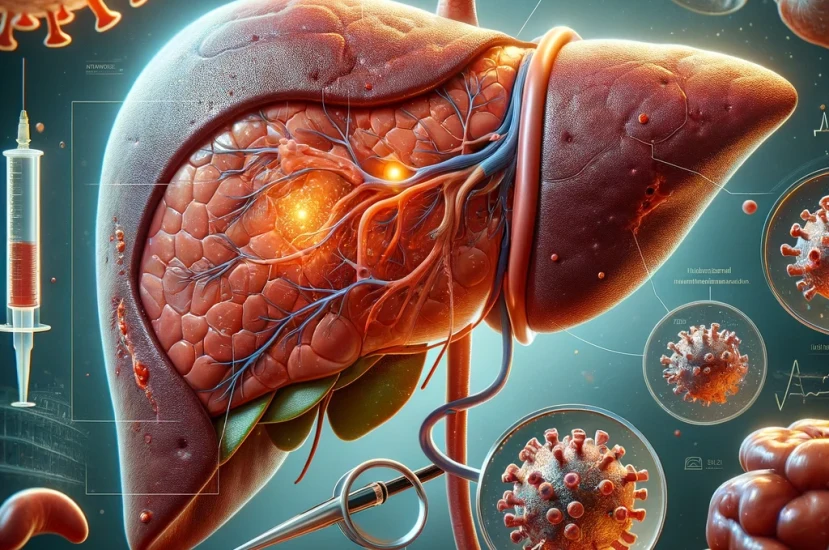Hepatitis B is an infection of the liver that causes scarring and may lead to cancer and even liver failure if the condition is left untreated. In fact, it may result in death in severe cases. Today, hepatitis B infection is one of the leading global health issues, affecting close to 240 million people and responsible for over 600,000 deaths worldwide every year. In the US, it is estimated that over 1.4 million people are carriers of the virus. Hepatitis B virus can lead to chronic infection, exposing individuals to serious health issues such as cirrhosis and liver cancer.
How does hepatitis B spread?
Hepatitis B virus can be transmitted from an infected individual to another via blood as well as other body fluids. Additionally, the virus can also be spread as a result of unprotected sex with an infected individual. It can as well be transmitted from an infected person to another through sharing needles and syringes.
What happens when a person is infected?
In many cases, an infected person can recover without treatment since the body‘s immune system fights the virus and the individual can recover on his own in a few weeks or a month, depending on the strength of the immune system. Once the individual recovers from the disease, he develops a lifelong immunity from the disease.
However, if a person‘s immune system is weak, the body may not fight off the infection completely, and the person continues to harbor the virus. The doctor will have to take blood samples to check if the individual has signs of the active disease.
In some cases, carriers may recover completely from the disease while others develop chronic infection. Chronic hepatitis B may result in liver cirrhosis. Some people may also develop liver cancer that may eventually result in the organ’s failure.
What are the symptoms of hepatitis B infection?
Most carriers do not show any specific symptoms during the acute phase. However, some people may manifest symptoms such as dark urine, jaundice, vomiting, extreme fatigue and abdominal pain.
In the chronic phase, the infection can lead to liver cirrhosis, scarring, and hepatocellular carcinoma or liver cancer.
Prevention
Prevention of hepatitis B infection involves taking measures such as testing blood before transfusion. Also, since the virus is easily transmitted via sex, it is important to use a condom when having sexual intercourse. A good rule of thumb to remember is to get screened for the hepatitis B virus at least once a year to know your status or condition.
Luckily, there is vaccine available for hepatitis B. So perhaps the most reliable preventive measure would be to get vaccinated against this potentially fatal infection.



